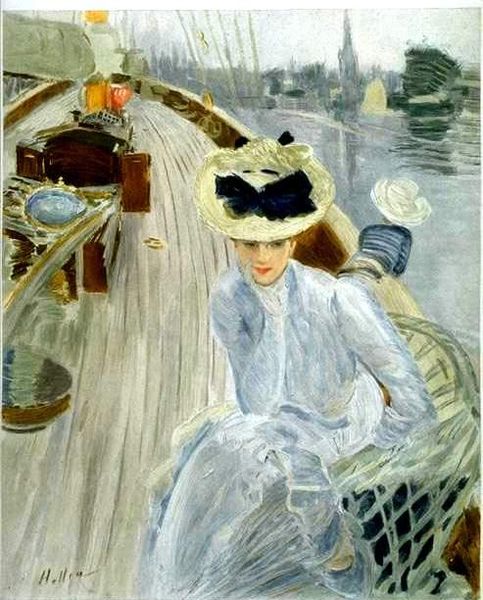Infinite photos and videos for every Wiki article ·
Find something interesting to watch in seconds
Ancient Marvels
Celebrities
Countries of the World
Sports
Rare Coins
Supercars
Crown Jewels
Great Museums
Orders and Medals
Kings of France
Animals
Tallest Buildings
Great Artists
Famous Castles
Richest US Counties
Wars and Battles
Wonders of Nature
World Banknotes
Largest Palaces
Great Cities
Recovered Treasures
Largest Empires
British Monarchs
Best Campuses
Presidents
History by Country
more top lists



